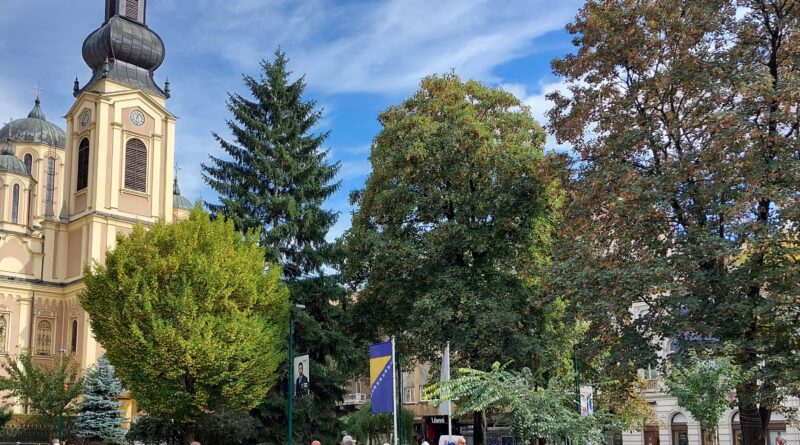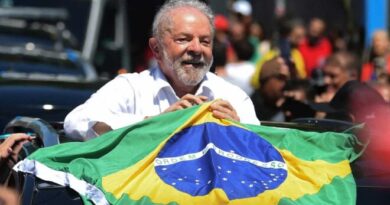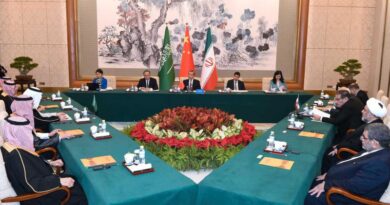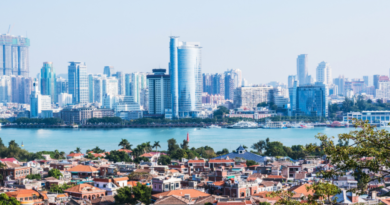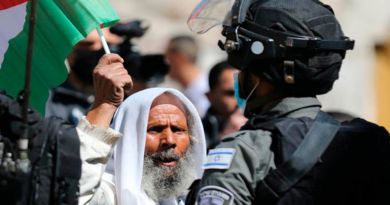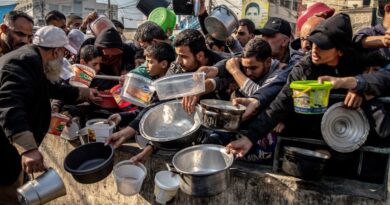The West delays Bosnia's exit from the tunnel of nationalism
ALEX ČIZMIC
Mostar
The war of the 90s has left Mostar, a city in southwestern Bosnia and Herzegovina, divided into two parts: the Bosniaks - Bosnian Muslims - to the east and the Croats to the west. The Old Bridge, rebuilt in 2004 after being bombed during the conflict, is continually besieged by tourists, even in autumn. It allows foreigners to move between the two sides of the city, but does not connect the two local communities that remain mostly separate. However, on the night of October 2, the soothing melody of the call to last prayer in the mosques, mixed with the gentle flow of the Neretva River, heralded a peaceful end to election day.
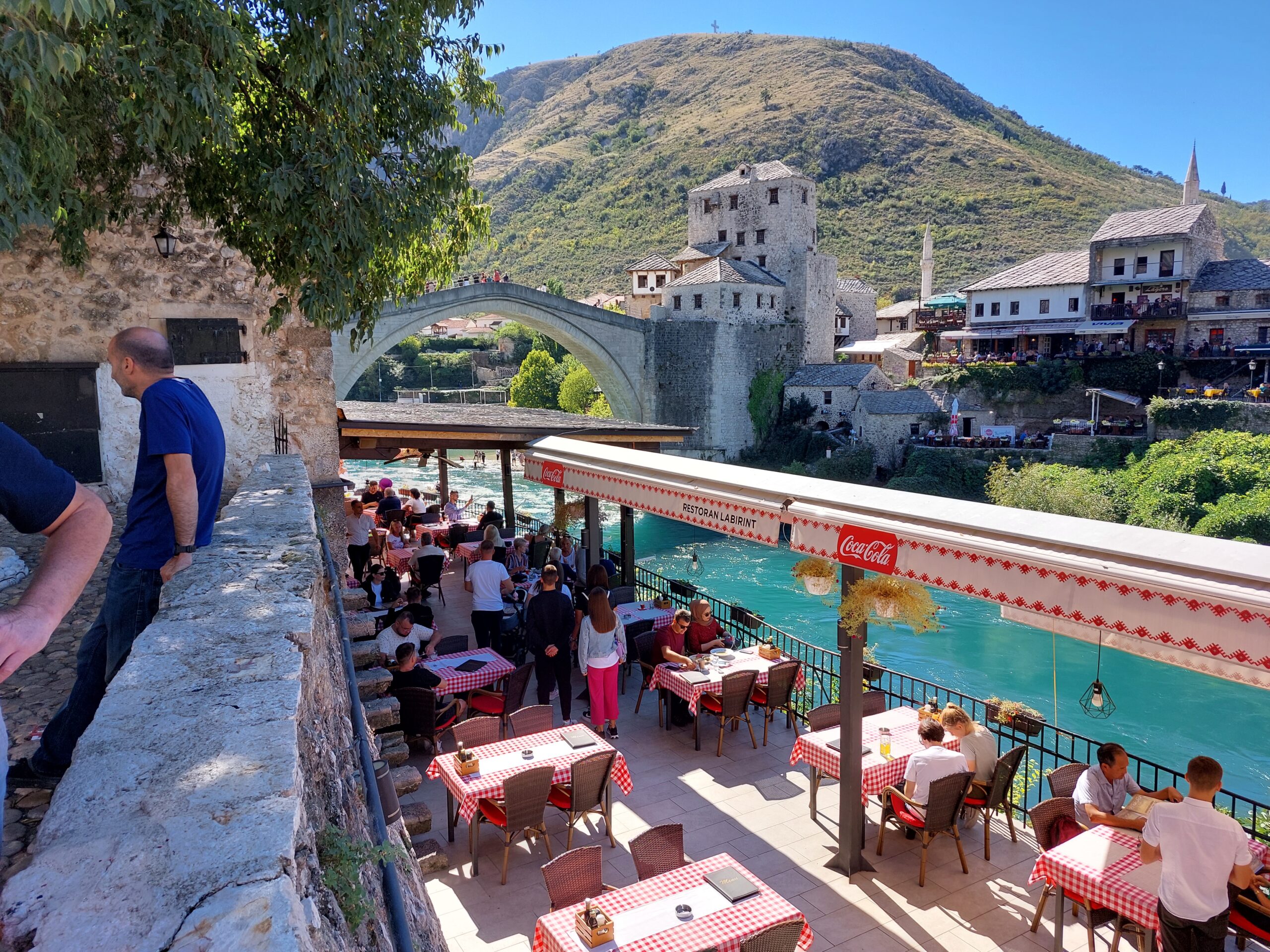
As usual, despite ethnicity, on the eve of the vote, the population of Bosnia and Herzegovina was divided between those who are not interested in politics and those who continue to vote, hoping that sooner or later the the stagnation that has trapped the country since 1995. This apparently dead-end alley bears the name of the Dayton (Ohio) Peace Agreements promoted by the US and signed by the parties to the conflict in that US air base. With the sole short-term objective of ending hostilities, this pact transformed the front lines of the time into borders and divided the country into two entities (Republika Srpska and the Federation of Bosnia and Herzegovina) and an autonomous district (Brčko). The entity of the Federation, with a Croat-Bosniac majority, is in turn divided into ten cantons. Each one of these administrative levels (central state, entities and cantons) has its own government and in this year's elections they voted for each one of them. The race that best describes the division of the country is that of the state presidency. This position is tripartite and the three positions are assigned equally to the three peoples that Dayton defines as “constituent”: Bosniaks, Serbs and Croats.
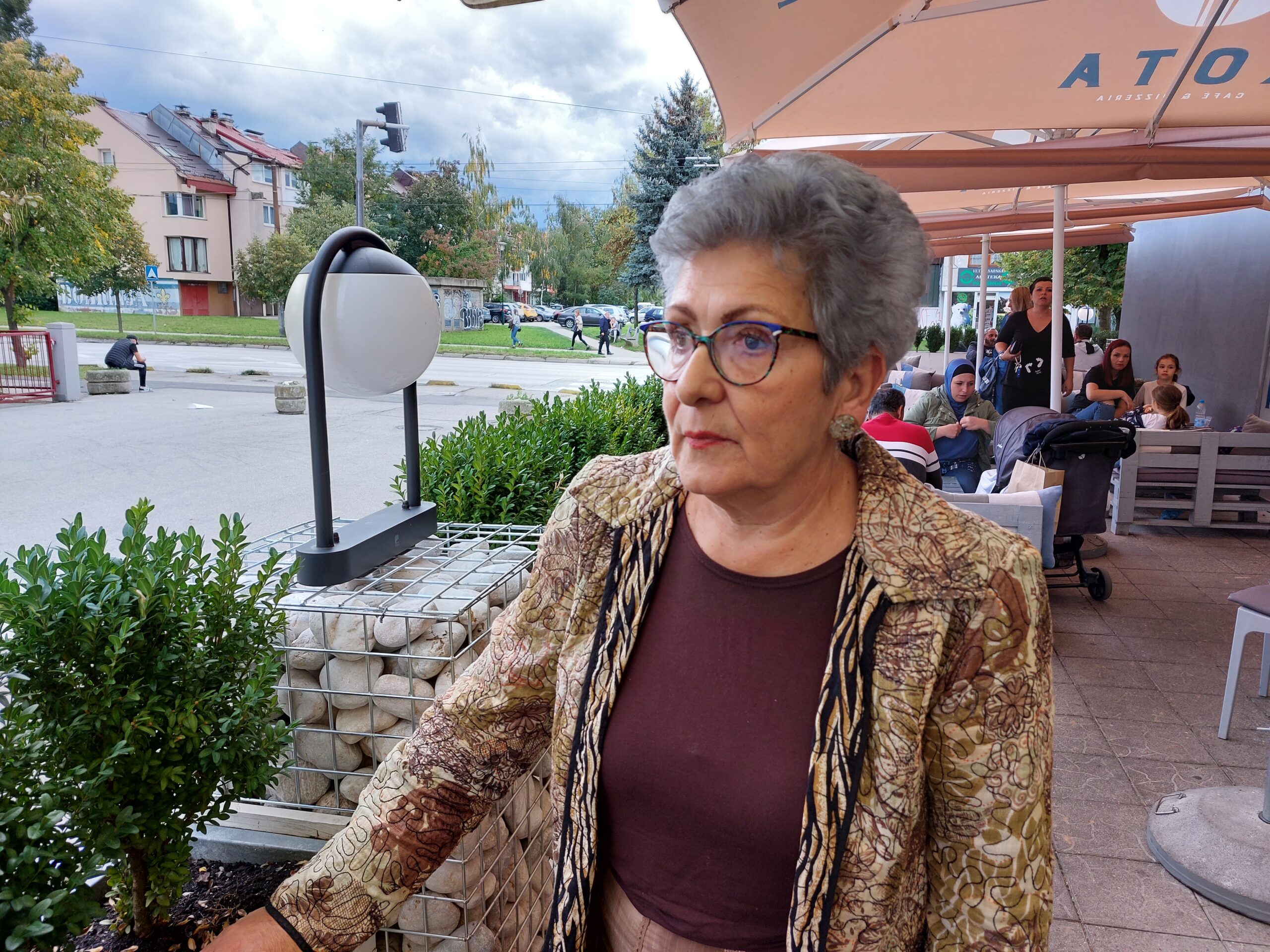
"Labor contracts are also made on an ethnic basis,” explains Azra Zornić, a former legal adviser to the Constitutional Court who fights for a united Bosnia and Herzegovina. “In every public company there are quotas assigned to the three main ethnic groups. On the other hand, in private companies, since the owners belong to one of the three groups and are linked to ethno-nationalist parties, they tend to hire only workers from the boss's ethnic group”. Zornić reveals that there are no criteria that automatically place a person in a certain category. “Generally, a person is identified from the first grade of primary school, but the assignment to one of these categories is not immutable. Now you can call yourself a Bosnian, a second later Croat and the next Serb”, says Zornić, who defines herself as Bosnian-Herzegovinian, an identity that does not admit ethnic connotations and therefore causes discrimination to those who adopt it.
The first projections of the electoral results, which were related to the tripartite presidency, already gave an advantage to non-nationalist candidates for the Bosniak and Croat posts. In other words, there were signs of change until, an hour after the polls closed, the High Representative intervened, an expression of the Western powers and guarantor of Dayton. The High Representative's mission is to oversee the implementation of the Dayton agreements and all those appointed so far have been from the European Union (EU), with deputies from the United States. As the highest political authority in the country, who does not need to seek authorization to impose his will, the current representative, Christian Schmidt -of the German Christian Social Union (CSU)-, forced changes to the electoral law as the voting progressed. So the citizens woke up with one electoral law and went to bed with another.
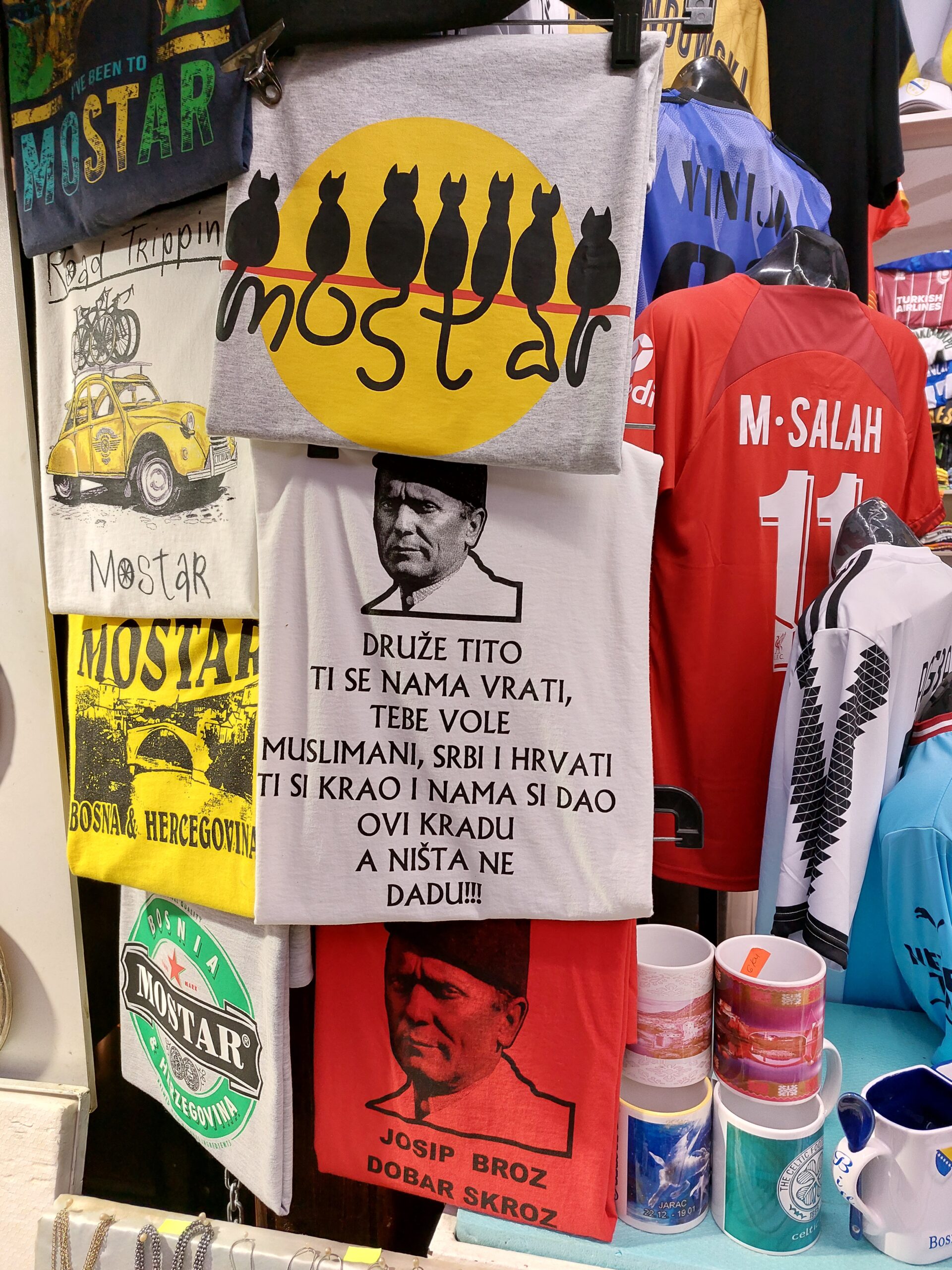
Changes in the electoral law affect the way in which representatives of the House of Peoples of the Federation parliament are elected and consolidate the ethnic divide. Whereas before it was the entire cantonal assemblies that chose which ethnic representatives would ascend to the House of Peoples, now each ethnic caucus approves its own delegates. In fact, Schmidt changed the cards on the table when negotiating the coalitions of the governments of each administrative unit. In particular, the reform strengthens the power of HDZ BiH, the main Croatian nationalist party which, together with Zagreb, had been putting pressure on the High Representative for months. As the progressive parties affirm, now it will be difficult to form a government without them, which is a further threat to the future of the country, which joins the secessionist project of the Serbian nationalist current.
"Election to the House of Peoples depends on a combination of ethnicity and place of residence,” says Damir Arnaut, a lawyer and member of the multi-ethnic party “Our Party”. “This is pure discrimination. In a meeting with Schmidt before the elections [when the possibility of implementing this reform was already being discussed] I told him that if he had to take him to court he would win, given that there are already five judgments of the European Court of Human Rights that affirm that linking the candidacy of citizens based on ethnic principles is unconstitutional”, he assures.
Finally, it was confirmed that the ethno-nationalist parties had been the most voted at each administrative level. The progressive forces also obtained quite a few votes and could theoretically exclude the nationalists from the coalitions of the different governments, but this will hardly happen because the progressives are very divided. However, on October 22 there was also a historic event. For the first time since Bosnia and Herzegovina became an independent state, the state presidency will be dominated by social democratic politicians. For this reason, many local analysts consider Schmidt's measure a colonialist act that weakens the already fragile growth hopes of a population that, after 30 years of nationalist rhetoric, would like to see the light at the end of the tunnel.
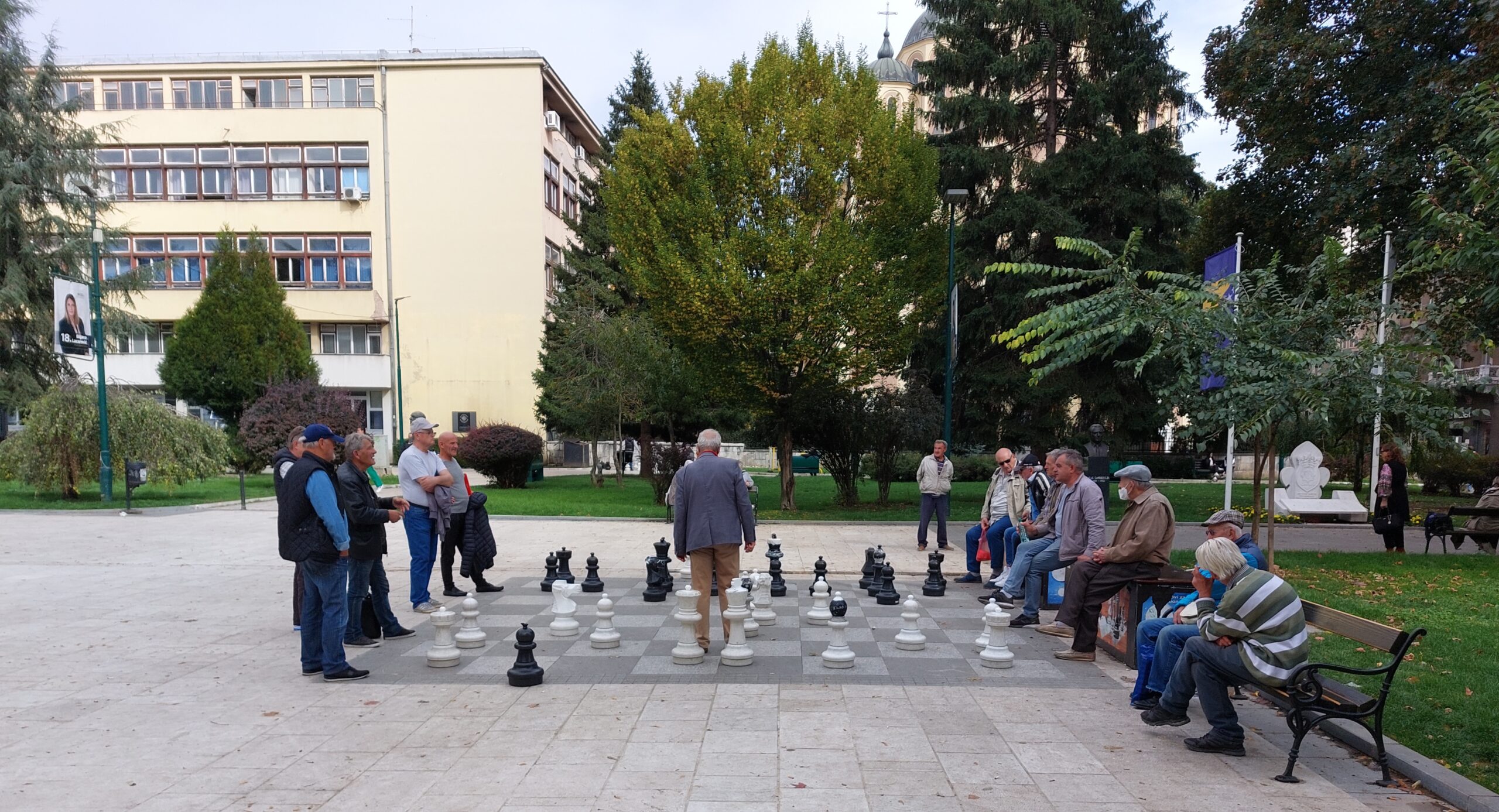
Schmidt also helped to highlight the fracture between Western countries. The embassies of the United States and Great Britain supported the decision. The EU distanced itself from her, emphasizing that Schmidt acted alone. Greens Austrian MEP Thomas Waitz called the German diplomat's action "a slap in the face of voters."
A decision that does not seem to take into account the suffering of the local population, which leaves the country en masse. More than 400.000 people have emigrated in the last eight years due to rampant corruption and the high unemployment rate, which in July was slightly above 30%. Economic instability pushes many people to vote in exchange for work or money and to mass exodus, especially by the youngest. In addition, it weakens civil society and progressive parties, both vital elements to counteract the politics of the Divide and conquer. Teo, a native of Mostar who lived in Spain for some time after the war, is adamant about this: "If the nationalist parties are still in power, I will leave again."
Alex Cizmic is an Italian-Bosnian journalist. He resides between Italy and Bosnia-Herzegovina

